‘Let’s preserve the landscape we’ve inherited’
For the promoters of the "Stop urban sprawl" initiative, the freezing of building zones is necessary to preserve the heritage of future generations. And it would not prevent the country from continuing to develop.
The initiative thus completes the legal framework laid down by the Land Use Planning Act by allowing sustainable soil preservation. Arable land is a unique and rare resource that we must preserve and use with a global and responsible vision: this is the reasoning behind the “Stop urban sprawl” initiative.
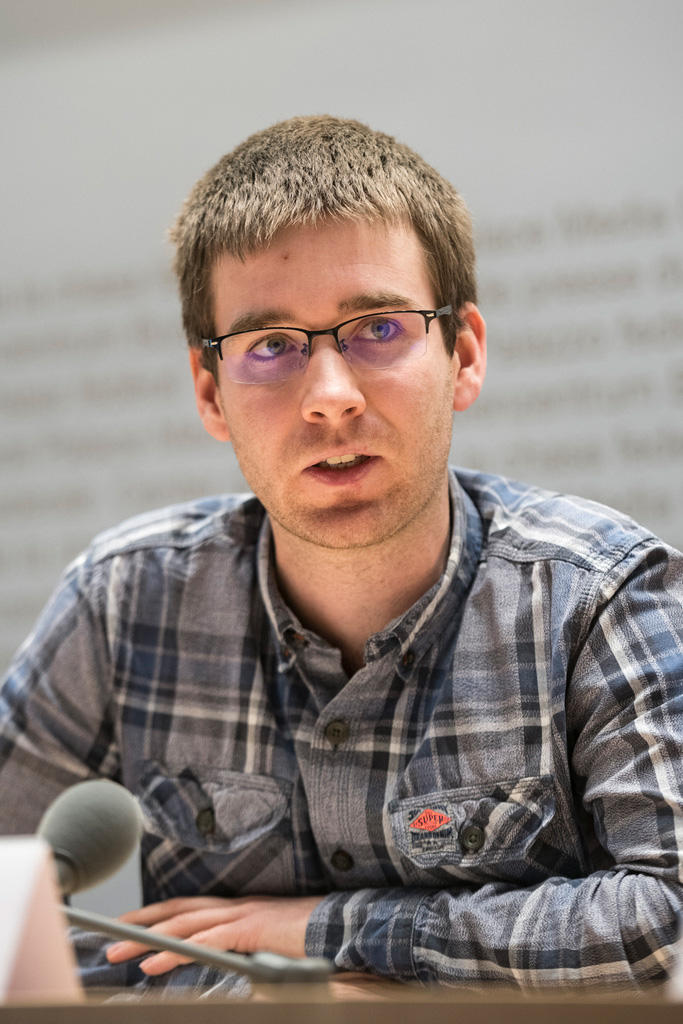
Concrete consumes good soil
Every year in Switzerland, an area equivalent to 1.5 times the size of the city of Geneva gets covered with concrete. Road infrastructure, individual dwellings, car parks, empty housing and oversized industrial areas attack green spaces and good land. Thus, 90% of current urbanisation is taking place on good land: fields, gardens, orchards and vineyards are being replaced by excavators.
This leads to the disappearance of our “terroir” and a know-how that is passed on from generation to generation. At this rate, the whole of our land risks being pinned under a concrete slab. However, this daily, continuous and irreversible phenomenon is not inevitable. Practical measures can be taken to use our land in a rational way, by concreting less and building better.
Degraded landscapes
Switzerland is a country of mountains, lakes, valleys, agricultural areas, countryside, towns and villages. The built environment represents a small part of our territory but its impact on our landscapes is significant. By ceaselessly nibbling on the shores of our lakes, meadows and mountainsides, the entire Swiss landscape is slowly transformed.
This trend is so real that the typical characteristics of our cantons, the charms of our villages and the tranquility of our natural spaces are being distorted by housing, new roads and nuisances such as noise and pollution. Our soils are a limited resource that we must protect to preserve Switzerland’s charm that is appreciated abroad as well.

More
‘Initiative against urban sprawl is unnecessary and harmful’
Development yes, but long term
As elsewhere in the world, human activity must be allowed to continue. It is essential to be able to house the population, support the dynamism of a region and promote employment. However, these choices cannot be made with a short-term vision. Switzerland is one of the smallest countries in Europe. A better use of our soil is therefore essential in order to reconcile responsibility and dynamism.
With the Land Use Planning Act, every 15 years new building zones can be designated, and good agricultural land concreted without compensation. This programmed urban sprawl is a headlong rush to which the “Stop urban sprawl” initiative provides a solution: make sustainable use of the 400 km2 of undeveloped building zones that we have at our disposal. These reserves alone can accommodate at least 1.5 million additional people and thus meet long-term demographic needs.
Concreting our agricultural land is not inevitable. Empty or isolated dwellings cost the community financially (through the creation of roads or the installation of public lighting and other infrastructure) and have a significant environmental impact. They weaken areas where small animals, birds and insects find refuge. In 15 years, 40% of the bird life between Geneva and Zurich has disappeared due to urbanisation. With the help of this initiative let’s build in a thoughtful way to meet the challenges of housing, the economy and infrastructure. All this in a way that respects current needs and the environment.
Inheritance to be safeguarded
Our soils are our inheritance: received from our elders, we will pass them on to our children. But what will this legacy be if it is made of concrete and pollution? What Switzerland can we show to those who discover that our mythical landscapes have been seriously and permanently disfigured? Voting yes to the initiative on February 10 is to preserve this Switzerland we care about, no matter where we live. As a small country marked by melting glaciers, the disappearance of our farming tradition and the degradation of our landscapes, let us preserve all the wealth we have inherited.
The views expressed in this article are solely those of the authors, and do not necessarily reflect the views of swissinfo.ch.
swissinfo.ch publishes op-ed articles by contributors writing on a wide range of topics – Swiss issues or those that impact Switzerland. The selection of articles presents a diversity of opinions designed to enrich the debate on the issues discussed.

In compliance with the JTI standards
More: SWI swissinfo.ch certified by the Journalism Trust Initiative




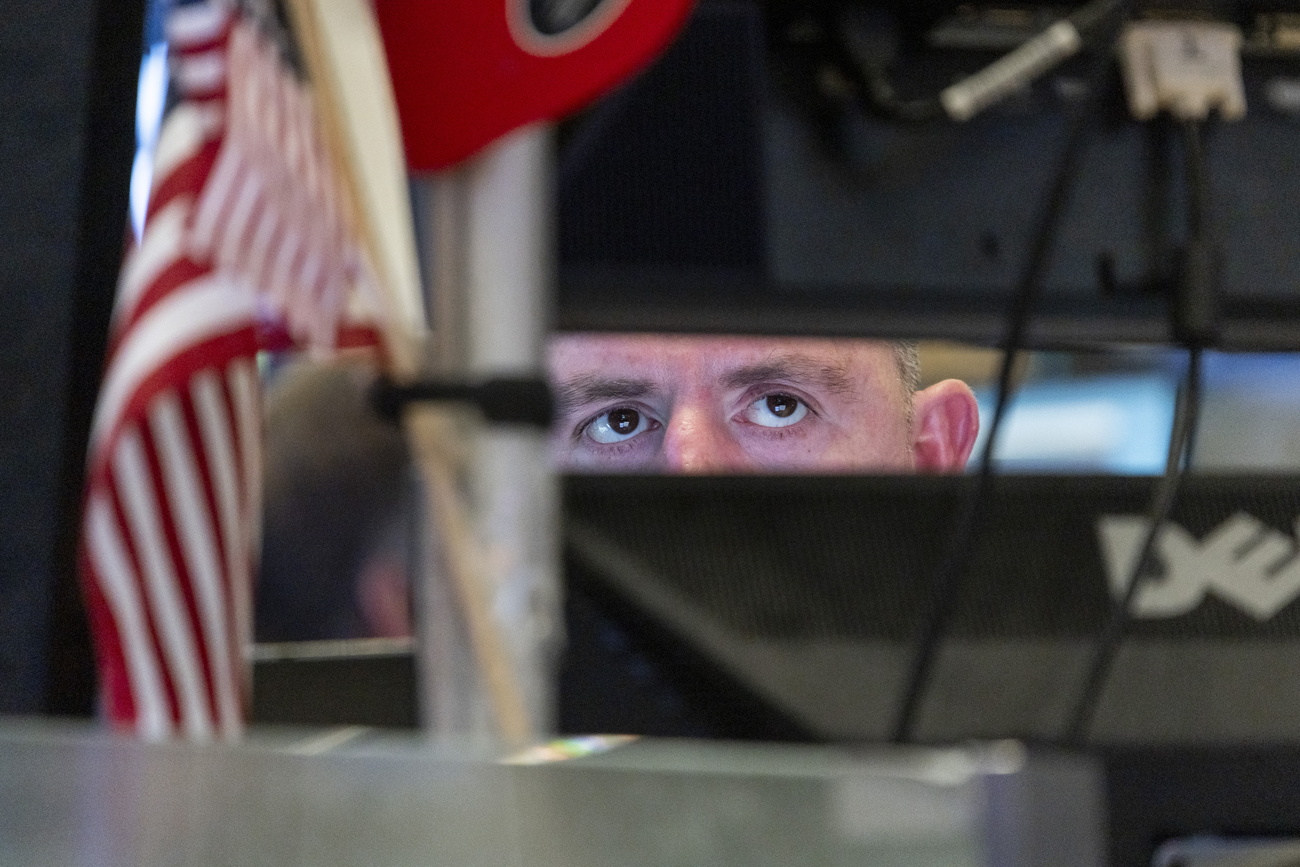



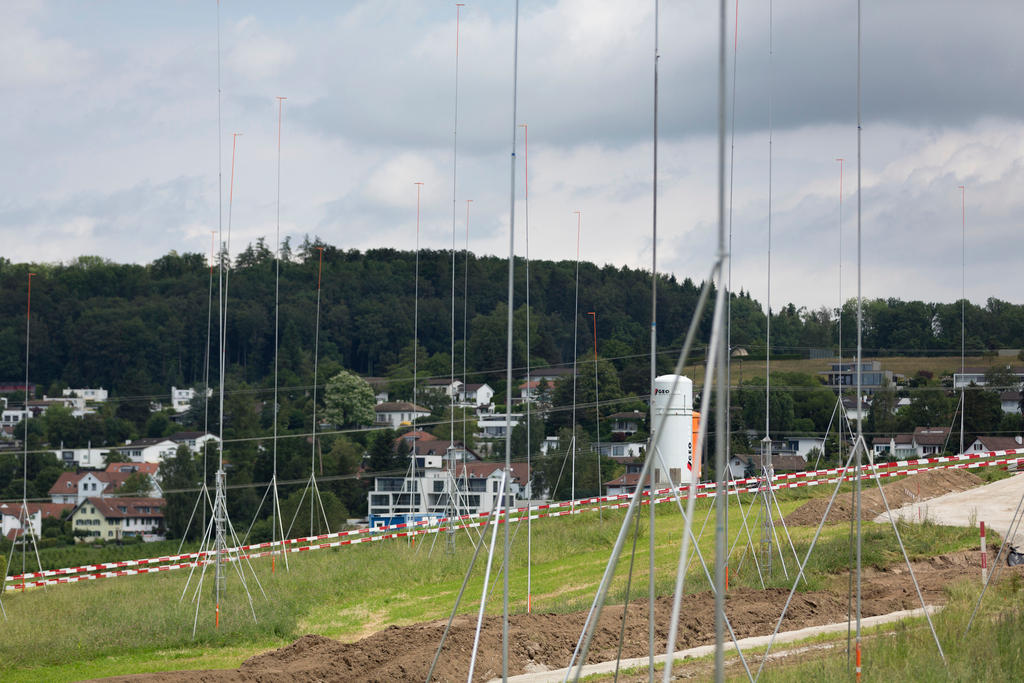
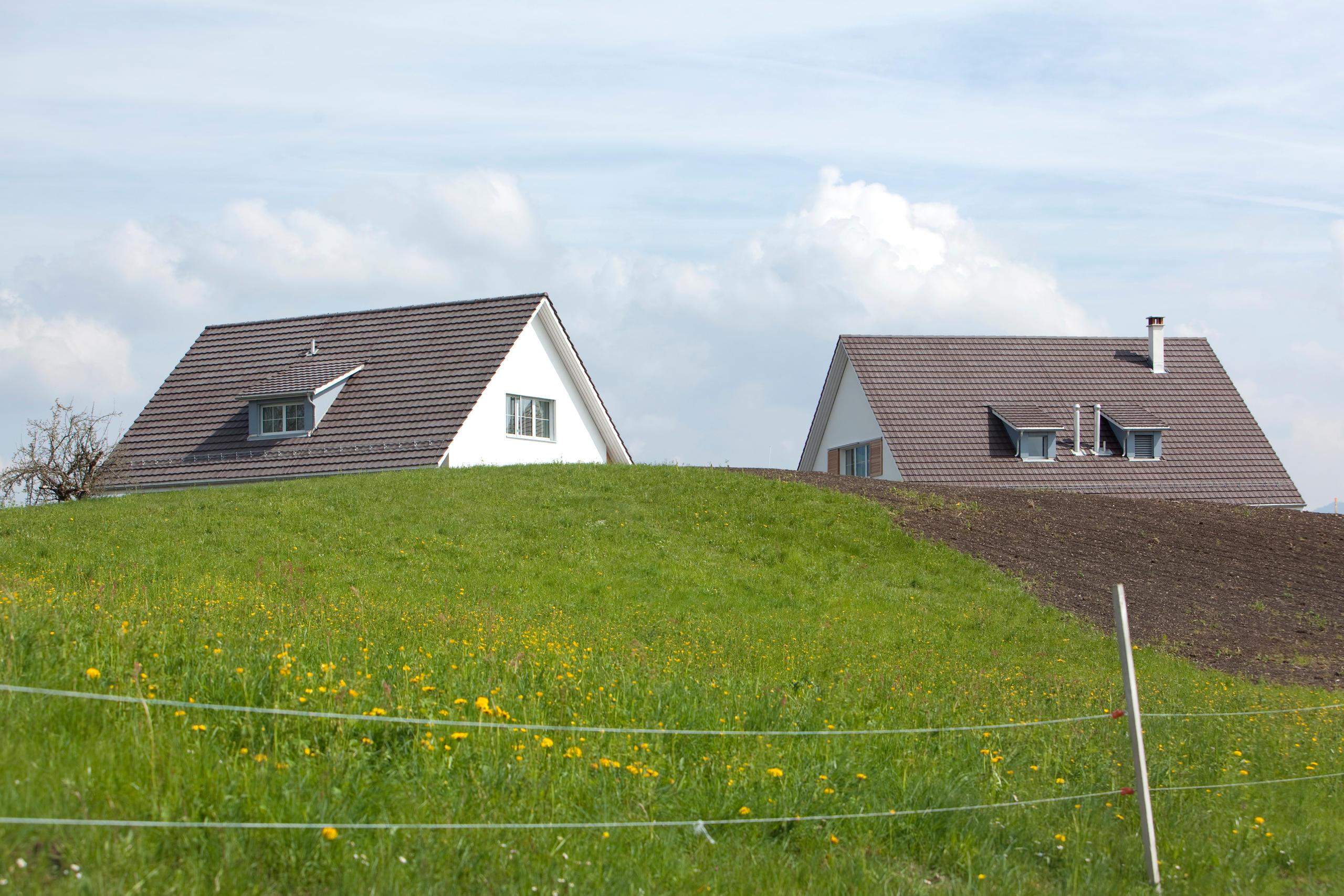
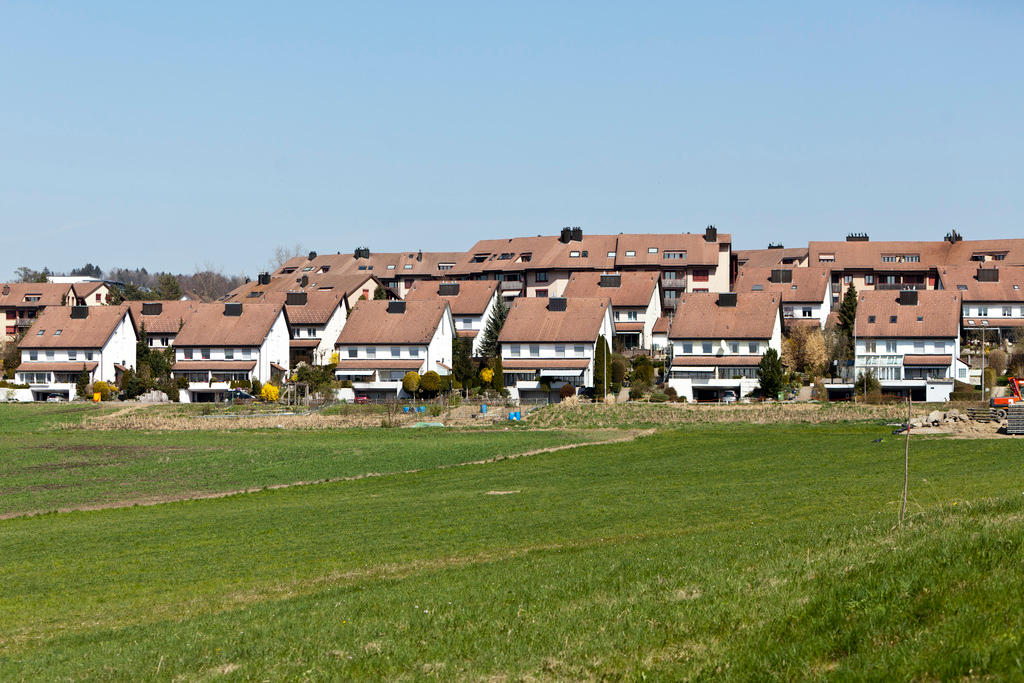
You can find an overview of ongoing debates with our journalists here . Please join us!
If you want to start a conversation about a topic raised in this article or want to report factual errors, email us at english@swissinfo.ch.